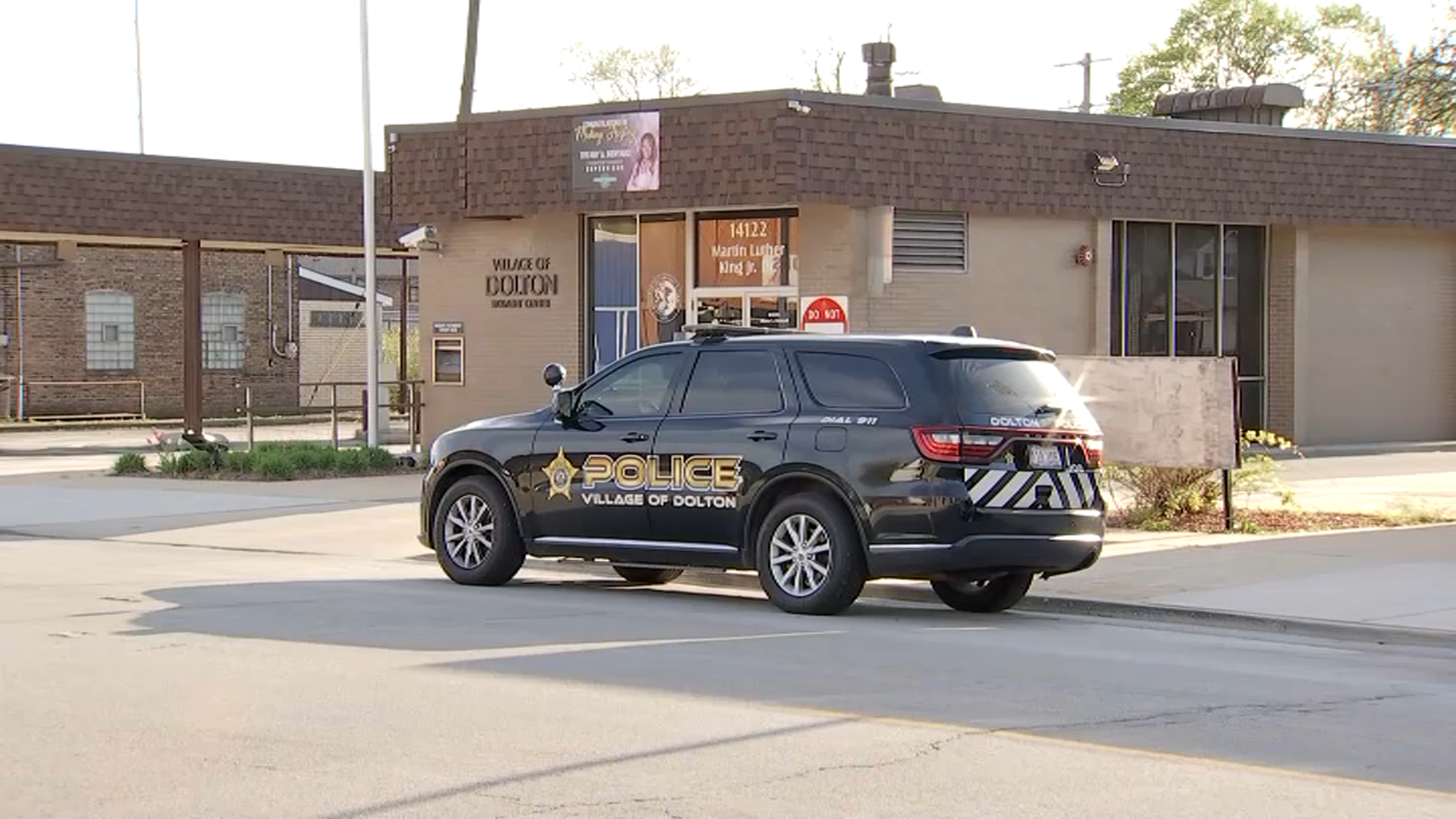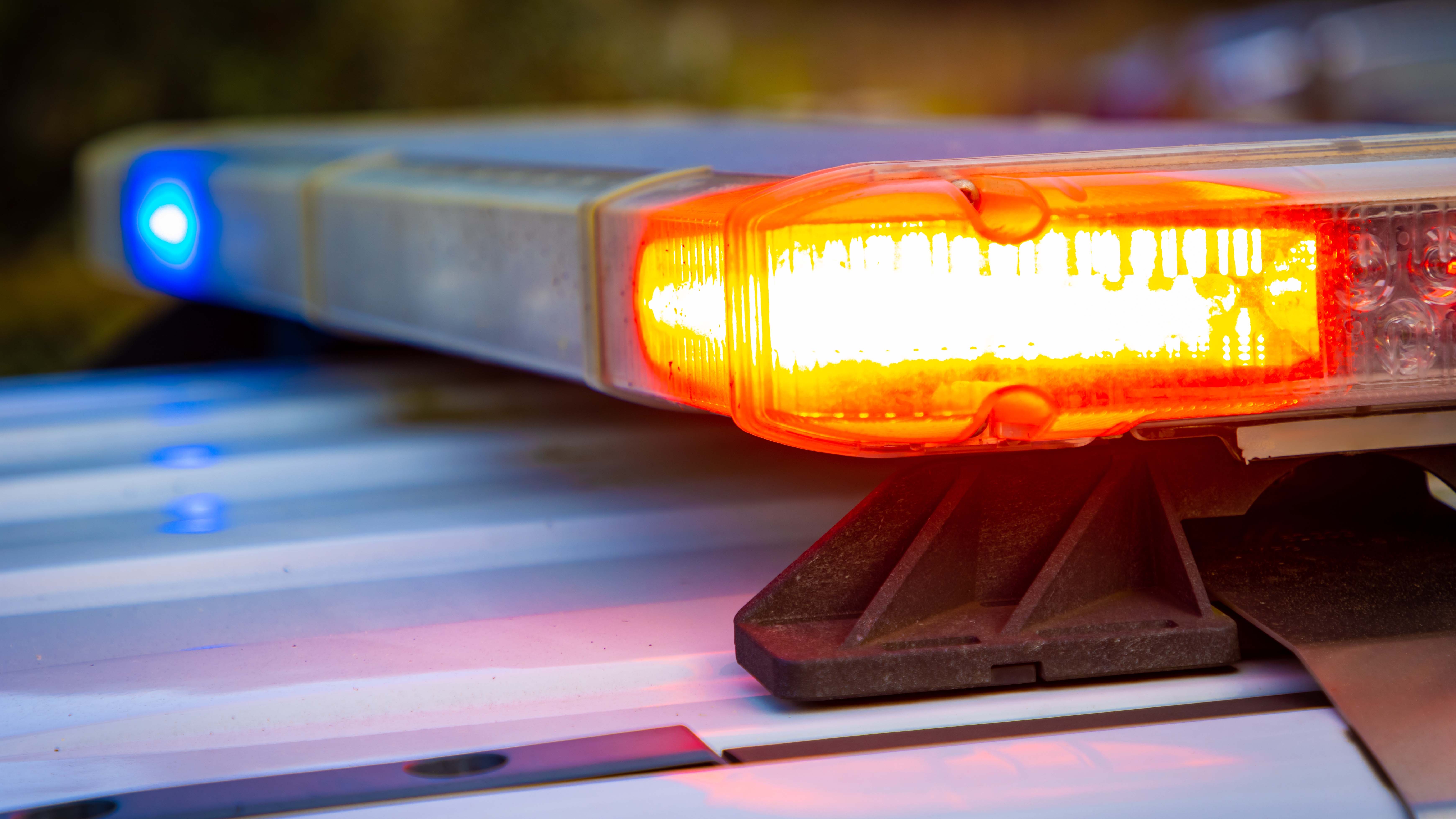The fear of needles is preventing some from getting the COVID-19 vaccine.
Trypanophobia affects 10% of the U.S. population; approximately 32.8 million Americans.
At Cook County Health, Dr. Whitney Lyn says it effects 30% of her patients, who are predominantly Black and brown populations that already face high rates of vaccine hesitancy.
“It’s more of what they witnessed, and that they’ve seen more trauma,” said Dr. Lyn. “A lot of people, when they see that needle, it brings back a traumatic event and it makes them more fearful of it.”
Feeling out of the loop? We'll catch you up on the Chicago news you need to know. Sign up for the weekly Chicago Catch-Up newsletter here.
Cognitive therapy, anti-depressants and simulated exercises are used to treat severe cases.
But in some cases, providing comfort may be enough.
“If they’re fearful, I will actually go downstairs to the vaccine site with them, hold their hand, talk to them, distract them,” said Dr. Lyn.
Local
Needle phobia can lead to health risks as some delay or forgo getting important tests requiring blood work and surgeries.
That's the case for Chicagoan Junaid Patel, who told NBC 5 he “stays away” from the doctor because needles cause panic attacks.
“We have a history of diabetes in my family. I have no idea if I have it because I’m too scared to go get it checked out,” said Patel.
Patel fainted at a vaccination site right before he received his dose.
Just the thought of the needle can produce cold sweats and anxiety for those with needle phobia.
The Johnson & Johnson vaccine eased some of this anxiety because it requires only one shot.
However, few people can choose which vaccine to take.
In Patel’s case, he will have to relive his experience in a few weeks for a second dose of the Pfizer vaccine.
“When I take a seat in that chair, the whole world just changes,” said Patel.
Anti-depressants, cognitive therapy and simulated practices have been used by doctors to treat severe cases of needle phobia.



